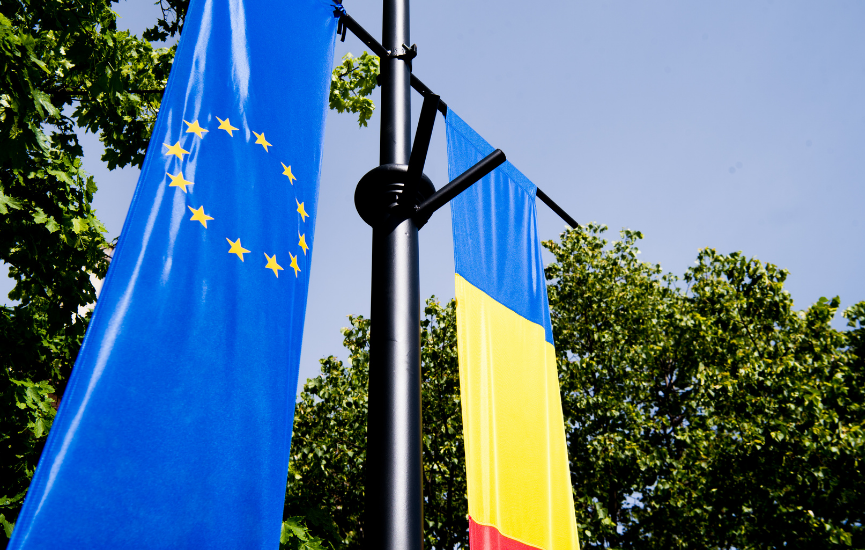Building a constituency for rule of law. Lessons from the Romanian anti-corruption drive, Oana Popescu-Zamfir, ÖGfE Policy Brief, 03’2022
Romania’s experience is that of the most intensive push for rule of law and anti-corruption among new European Union (EU) members, given that the country joined in 2007 before it had met EU conditionality. The outcome has been a mixed bag of short-term successes and long-term frustration. Alongside Bulgaria, Romania is one of only two countries to have become EU members and still be subjected to an ongoing monitoring mechanism on justice and the rule of law. The author of this Policy Brief argues that a few important principles of action can be extracted which have universal applicability and also discusses lessons that can be taken for the Western Balkans and the EU based on the Romanian experience.
Policy Recommendations
- Do not trade long-term sustainability (accountability, due democratic process, stakeholder negotiation) for short-term efficiency. Yet, short-term results and investment in drivers of change are necessary to build up the credibility of the process. Striking the golden mean is painstaking, but rewarding.
- Hold out credible reward for performance (EU accession) and build a rule of law constituency (invest in independent media, civil society organisations, public communication). Empower them to carry the flag and be domestic agents of change. Beware of window-dressing reformers using the accession process for their own ends.
- Treat rule of law, anti-corruption and good governance as cross-cutting issues to be incorporated and monitored in every chapter of negotiation and partnership with the EU; ensure stakeholder participation up and down the decision-making process; maintain focus on values, not just ticking boxes.
Photo: Romanian and European flags
Photographer: Etienne Ansotte
© European Union, 2019
Source: EC – Audiovisual Service


